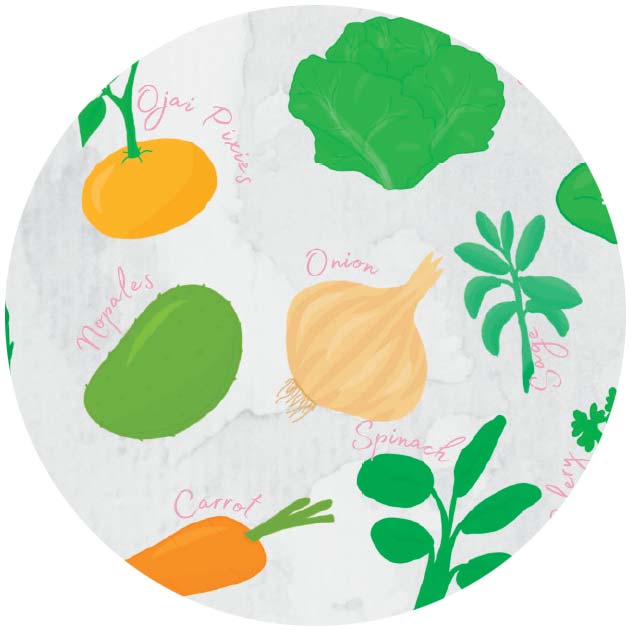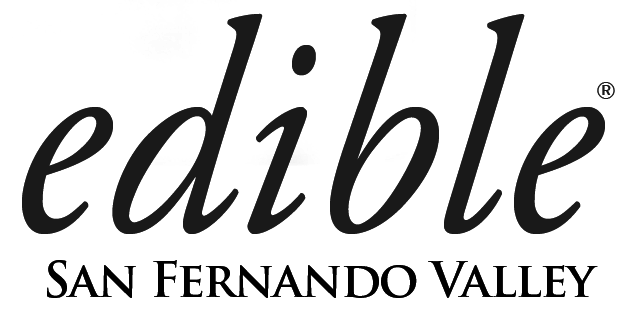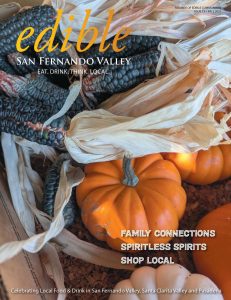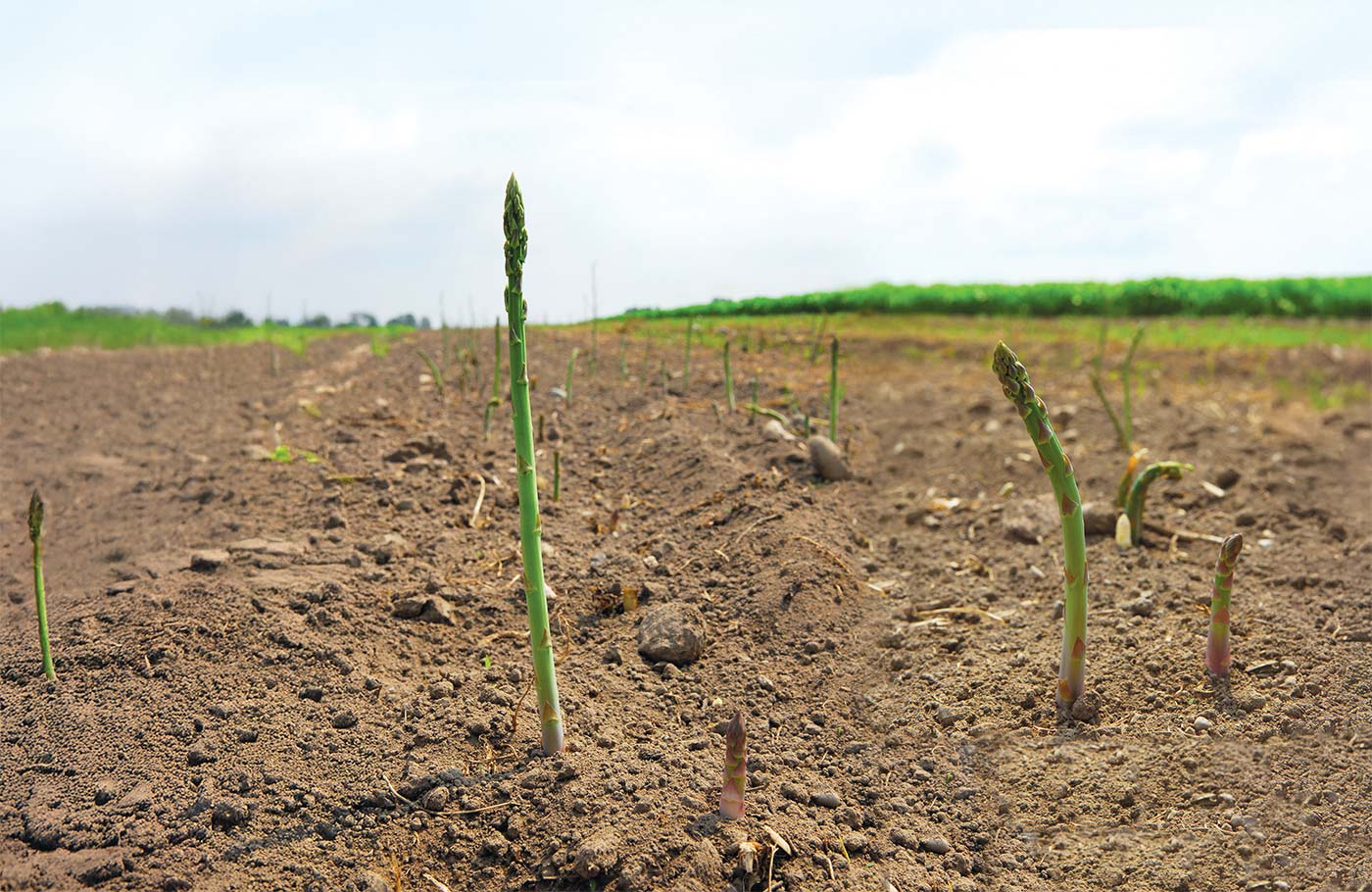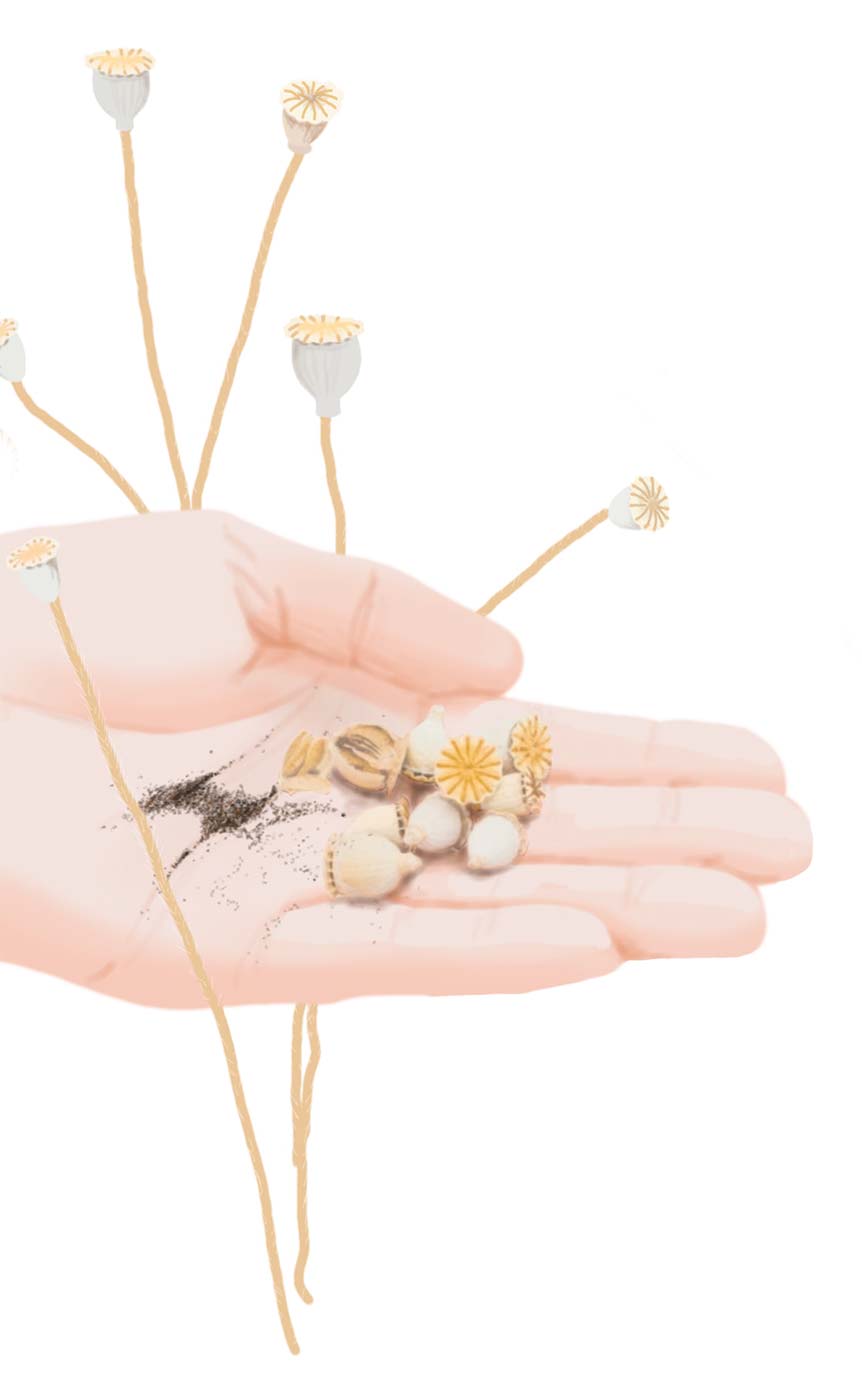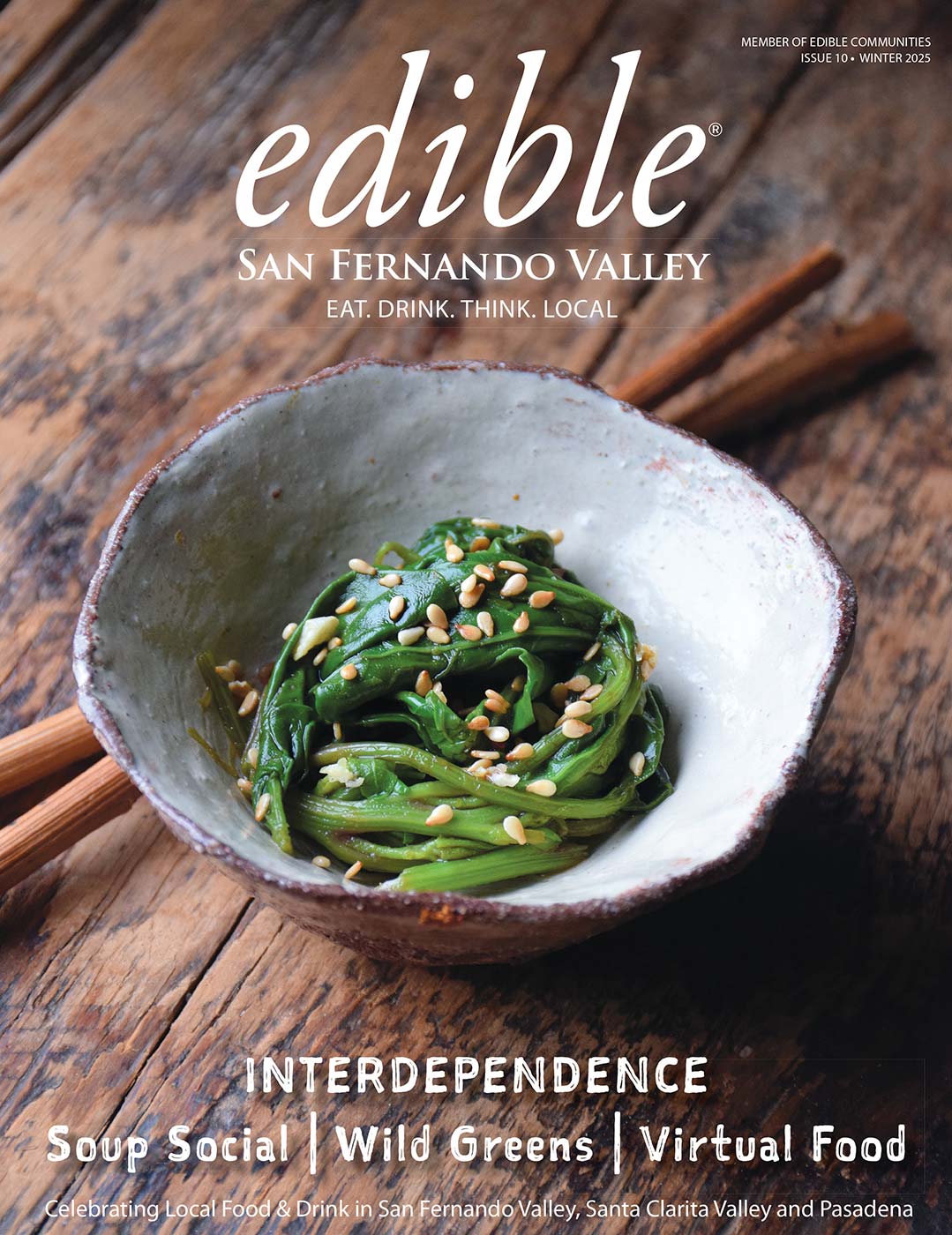Long after the fires are out, the ash that settles on the ground can still impact your garden. When you have an organic garden, the last thing you want is for plants to grow in soil laced with toxins from the ash. So what do you do?
Valerie Borel, UC Master Gardener program coordinator for Los Angeles County, recommends following appropriate safety precautions until all of the season’s produce has been harvested or disposed of. “If you live adjacent to or within a fire perimeter, you will most likely need to take more precautions for a longer period of time, as it’s hard to tell how long toxins will remain in the air and soil.”
Los Angeles County Master Gardeners are working with fire advisors from the University of California Ag & Natural Resources Division to adapt fire-recovery materials for the county. Residents can access these materials, which will provide science-based information on fire recovery, addressing soil and produce safety and fire-resistant landscape design, among other topics.
Until then, we encourage you to follow these top five tips from Julia Van Soelen Kim, food systems advisor for UC Cooperative Extension at North Bay, after researching food safety issues following the fires in Sonoma County.
- Be Protected: Wear an N95 or P100 mask, long sleeves, pants and gloves. Remove them before entering your home, put them in a bag and wash immediately.
- Be Ash Aware: If there is an extremely thick layer of ash (where you can no longer see green plants) remove all plants, bag them and throw them away. Vegetables and food with a thin layer of ash can be salvaged. Spray down the garden to initially clean the plants. After harvesting, gently rinse them outdoors to remove any remaining ash.
If you see little or no ash on your garden, personal protective equipment (PPE) is unnecessary except for gloves, to be cautious. But continue to wash the vegetables outdoors, and thoroughly wash them again indoors. - Be Clean: Scrub and clean all your vegetables with a solution of 10% vinegar to water. For fruits and vegetables like apples, peaches, avocados, etc., peel off the outside layer before eating.
- Be Soil Savvy: If your garden is covered in a thick layer of ash, it’s highly recommended you remove the top six inches of soil, and add fresh organic soil or compost to your garden. Place contaminated soil directly into sealed bags and into the trash.
- Be Testing: A soil test is highly recommended. Soil testing with a lab can run between $55 and $160 or more, depending on the lab and which tests are ordered. See our list below of soil labs in and around Los Angeles County.
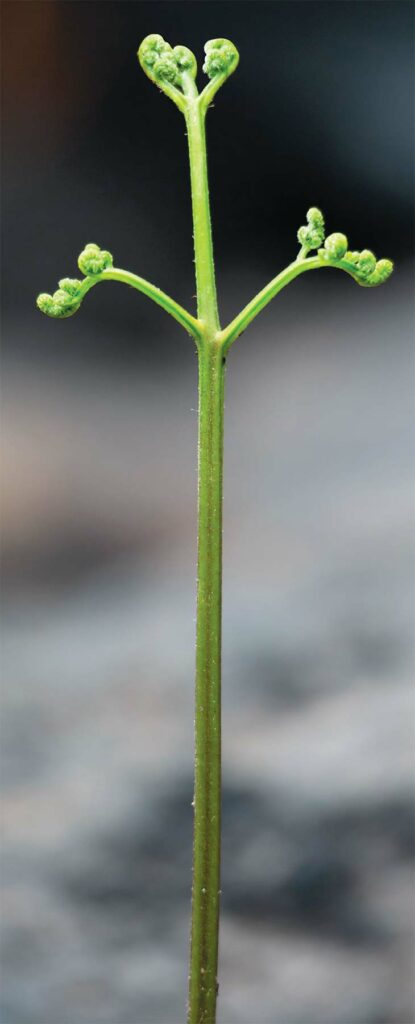
Even if you don’t plan on planting a garden until summer, it’s still a good idea to have your soil tested if it’s been exposed to ash, embers, smoke or heat, etc.
“If you live in an area where smoke and ash have impacted your landscape, give your garden and ornamentals time and space to heal—try not to rush in immediately to ‘fix’ everything,” Borel says. “If you need to remediate your soil, wait a season or two (or more) before planting. Wait to remove any dead branches on ornamentals. You may be surprised how well your plants rejuvenate on their own.”
Whether you are planting a new garden or cleaning up what is already growing, remember that a new season brings a chance to grow delicious organic fruits, vegetables and herbs for your home.
For additional information:
Soil and Water Testing Guidelines for Home and Community Gardens (UCANR.edu/sites/UrbanAg/ files/315920.pdf ).
SOIL TESTING LABS IN AND AROUND LOS ANGELES COUNTY
Wallace Laboratories
(agriculture, soil, water, plants)
365 Coral Circle, El Segundo
310-615-0116
WLabs.com
info@wlabs.com
California Laboratory Systems
(soil, water, environmental)
3249 Fitzgerald Rd., Rancho Cordova
800-638-7301
CaliforniaLab.com
info@californialab.com
UNIVERSITY LABS
Also an option and may be less expensive than commercial labs.
University of Massachusetts Amherst
Soil and Plant Nutrient Testing Laboratory
Ag.umass.edu/Services/Soil-Plant-Nutrient-Testing-Laboratory
Penn State University
Environmental Soil Testing
AGSCI.psu.edu/AASL/Soil-Testing/Environmental
ABOUT THE CONTRIBUTOR
Jennifer Gammons-Mujica (Farmer Jen) has grown urban food gardens in Southern Nevada for over 15 years. She brings her expertise in gardening in the hot desert climates to our local community and now works as a seed-to-table garden educator for MUSE Global School in Calabasas. Learn more at FarmerJenOrganics.com and contact her at FarmerJen@farmerjenorganics.com.
